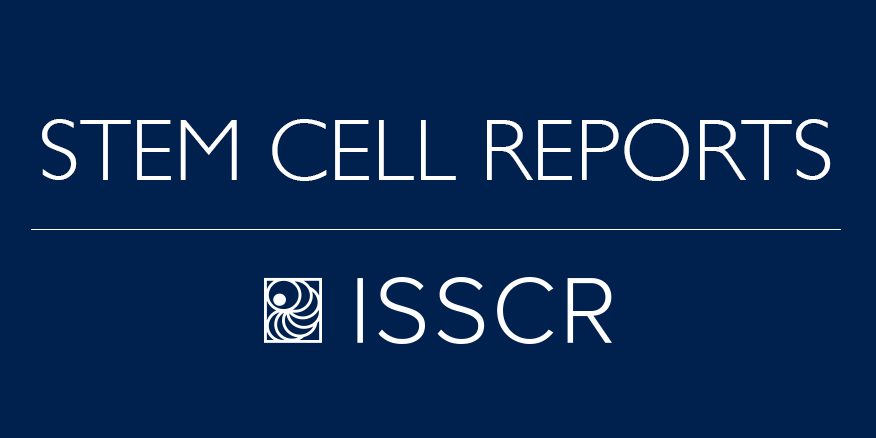Welcome to this special issue, focusing on the potential of pluripotent stem cell (PSC)-based therapies and their paths toward clinical application. Since the establishment of human embryonic stem (ES) and induced pluripotent stem (iPS) cells in 1998 and 2007, respectively, significant progress has been made in differentiating PSCs into a broad range of somatic cells. We are now closer than ever before to having highly functional PSC-derived somatic cells at purity for transplantation therapies to complement damaged or diseased organs and restore their physiologic functions. Like organ transplantation, PSC-based therapies have the potential to regenerate damaged organs that cannot otherwise be healed by using small-molecule or antibody-based drugs.
In this issue, Kobold et al. present an overview of the history and current status of clinical studies utilizing human PSCs. Since the early 2010s, many clinical studies employing human ES cells have been initiated. By 2018, the number of such studies using human iPS cells had skyrocketed. Many PSC-based therapies are currently being tested to treat various pathologic conditions, including different neoplasms and diseases of the eye, adnexa, and circulatory system. However, there are still many diseases that require further efforts to interrogate the true potential of PSC-based therapies. To advance the use of PSC-based therapy to treat a wider range of pathologic conditions in the future, we must continue with extensive basic and clinical research to establish both efficacy and safety for such new therapies.
Although clinical research on PSC-based therapy for liver diseases has not received as much attention, there is much hope for it to become a real alternative to living-donor liver transplantation. Cardinale et al. provided a comprehensive summary of the recent studies on cell-based therapy for liver diseases. In addition, artificial livers generated through bioengineering efforts are now considered to be a viable option. Aside from traditional cell or organ transplantation to restore impaired liver function, transplantation aimed at treating the microenvironment, such as inflammation, in the liver is also an effective therapeutic strategy. Concurrent research efforts in both basic and clinical studies will be crucial in making PSC-based therapy for liver diseases a reality.
